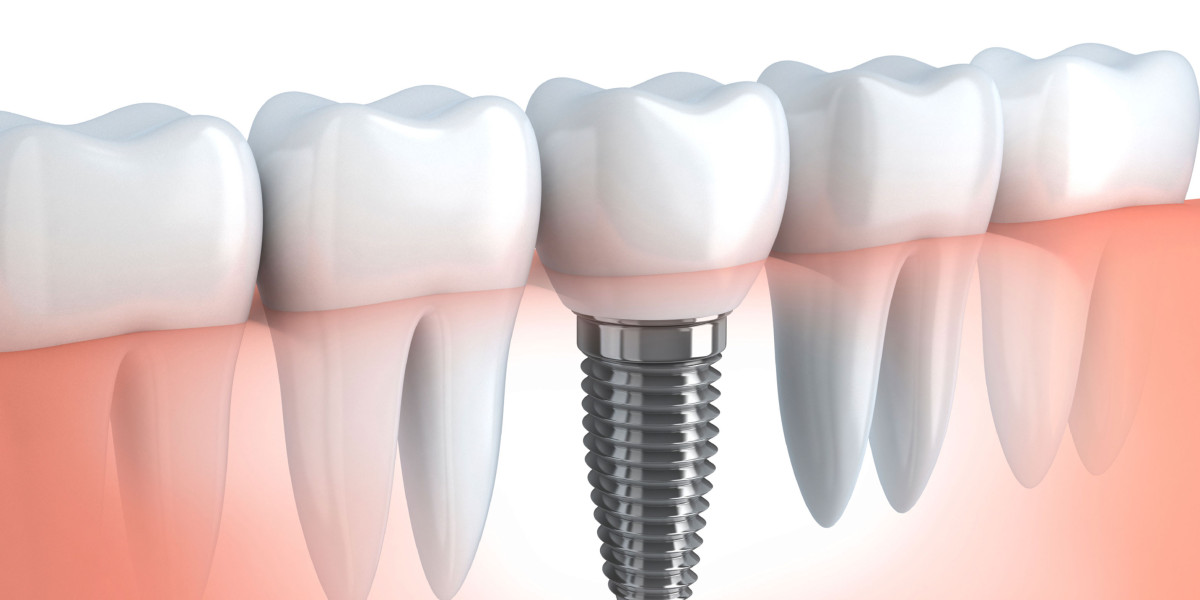Dental implants have revolutionized the field of restorative dentistry by offering a reliable and long-lasting solution for missing teeth. Unlike traditional dentures or bridges, dental implants are designed to mimic the natural tooth root, providing strong support for artificial teeth. This innovative treatment enhances oral function, aesthetics, and overall confidence.
What Are Dental Implants?
A dental implant is a titanium post surgically placed into the jawbone to act as an artificial tooth root. Over time, the bone fuses with the implant in a process called osseointegration, ensuring stability and strength. Once the implant is securely anchored, a crown, bridge, or denture is attached to restore the appearance and function of the missing tooth or teeth.
Benefits of Choosing Dental Implants
There are several advantages to opting for dental implants:
Durability: With proper care, implants can last a lifetime.
Improved Oral Health: Unlike traditional bridges, implants do not require alteration of adjacent teeth.
Bone Preservation: Implants help maintain jawbone density and prevent bone loss.
Enhanced Comfort: Implants feel and function like natural teeth, improving chewing and speech.
Aesthetic Appeal: They restore a natural smile, boosting self-esteem.
The Dental Implants Procedure
The process of getting dental implants typically involves several steps:
Consultation and Planning: A thorough examination, including X-rays or 3D scans, is conducted to assess bone structure and determine implant placement.
Implant Placement: The titanium post is surgically inserted into the jawbone under local anesthesia.
Healing Period: Osseointegration usually takes a few months, allowing the implant to bond with the bone.
Abutment Placement: Once healed, an abutment is attached to the implant to connect the prosthetic tooth.
Restoration: A custom-made crown, bridge, or denture is fixed onto the abutment.
Caring for Your Dental Implants
Maintaining dental implants requires the same attention as natural teeth:
Brush twice daily using a soft-bristle toothbrush.
Floss regularly to remove plaque around the implant.
Visit your dentist for regular check-ups and professional cleanings.
Avoid habits like smoking that can jeopardize implant health.
Conclusion
Dental implants offer an effective and permanent solution for tooth loss, improving both function and appearance. By understanding the procedure and benefits, patients can make informed decisions for their oral health. With proper care, dental implants can restore your smile and confidence for years to come.



